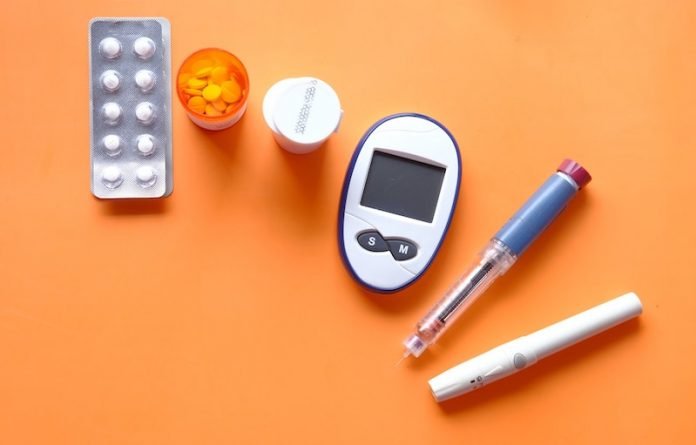
Scientists from the Centenary Institute and elsewhere found that the lack of an enzyme in the liver called SphK2 results in strong insulin resistance and glucose intolerance, both symptoms of early-stage type 2 diabetes.
The findings raise the possibility of a new treatment for diabetic patients whose glucose blood levels are dangerously high.
The research is published in PNAS and was conducted by Dr. Yanfei (Jacob) Qi et al.
In the study, the researchers were able to demonstrate that the enzyme SphK2 was crucial to the blood glucose regulation process.
They found that a lack of SphK2 in the liver causes an accumulation of a fat product, sphingosine that, in turn, impairs insulin function in the liver.
It is insulin that signals to fat, liver, and muscle cells to take up glucose from the blood.
Insulin resistance is when the cells do not respond to the insulin properly and fail to lower glucose levels adequately, potentially resulting in the development of Type 2 diabetes.
The team says that the study shows that the enzyme SphK2 is a key player in the regulation of insulin.
Future research can now look at targeting both SphK2 and sphingosine, by either genetic or pharmacological means.
If scientists can help normalize their levels in the body we can then aid the management of both insulin resistance and diabetes.
It is estimated that approximately 1.8 million Australians suffer from some form of diabetes with the disease associated with a reduced life span, blindness, amputation, increased risk of heart disease as well as poorer quality of life.
If you care about diabetes, please read studies about new way to reverse type 2 diabetes and deadly liver disease, and this diabetes drug may harm your heart health.
For more information about diabetes, please see recent studies about the real cause of type 2 diabetes, and a way to reverse it, and results showing this popular dietary supplement may help fight type 2 diabetes.
Copyright © 2022 Knowridge Science Report. All rights reserved.



